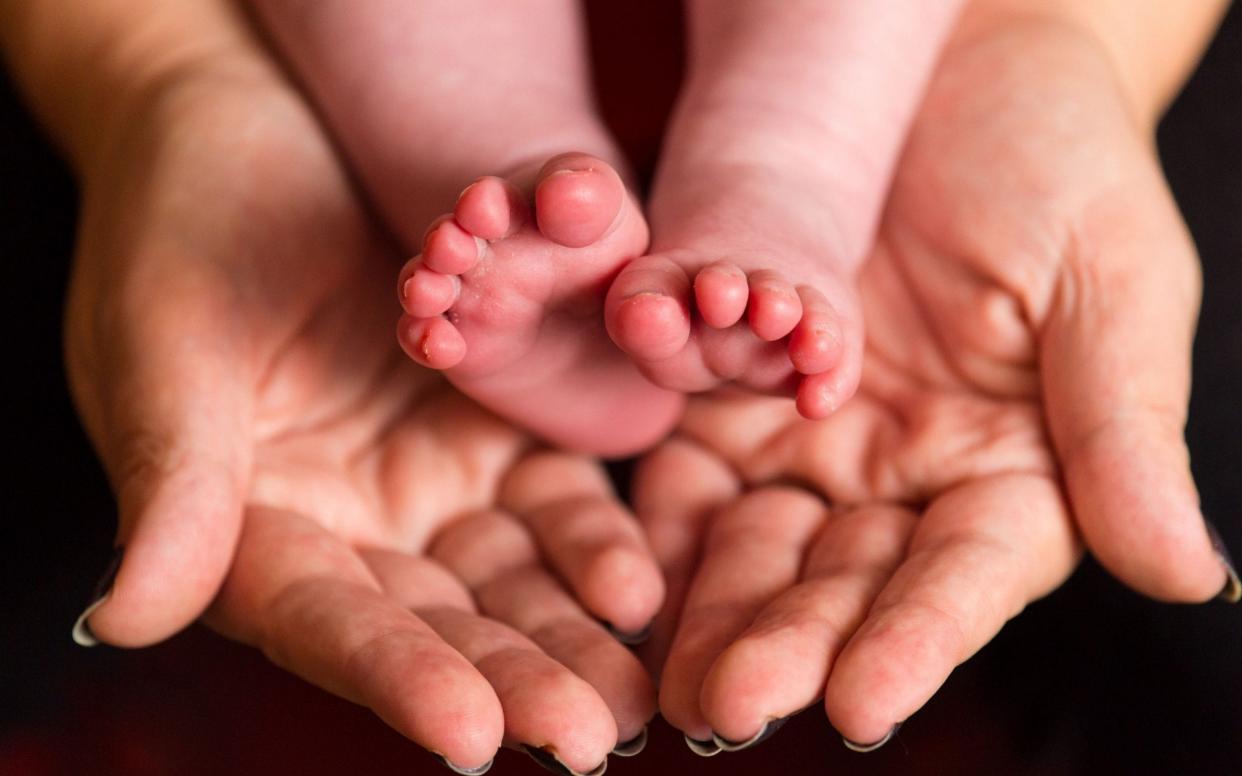IVF clinics accused of 'embezzling' cash from desperate fertility patients

IVF clinics are “embezzling” cash from desperate patients by charging for needless extra treatments, a leading fertility expert has warned.
At up to £1,400, ICSI (intracytoplasmic sperm injection) adds around a third to the cost of IVF. But while was designed to help men with poor sperm, it is now being used much more widely, a London fertility conference heard.
Health watchdogs say there is “no data” to back its use in couples where the man’s fertility is normal.
In fact, the treatment, in which a single sperm is injected directly into the egg, may actually cut the odds of pregnancy in such cases, Professor Chris Barratt of Dundee University said.
Professor Barratt said that at £1,390 per patient, fertility doctors could make an extra £700,000 year by doing ICSI when they don’t need to.
Across Europe, the extra cash would total £42 million annually.
Rates of ICSI are falling in the UK but it is still used in about half of IVF treatments.
However, just 30 to 35 per cent of men have fertility problems, said the professor.
The UK’s health regulator, the National Institute for Health and Care Excellence (NICE), says ICSI should only be used for male infertility problems.
Professor Barratt said: “The question is why do you have a large number of people having ICSI who don’t have male-factor infertility?
“And, because clinics charge extra usually for ICSI, one of the queries is, is it just for money, if it’s not recommended and it doesn’t work, but you are being charged £1,300 extra?
“If you applied that to Europe, you’d be seeing €50 million (£42million) per year is effectively embezzled or whatever technical, financial term you want to call it.
“Why is that happening? The only conclusion logically you can come to is that it’s financially driven. That might not be true but it’s the only logical conclusion.”
The fertility watchdog, the Human Fertilisation and Embryology Authority (HFEA), advises couples: “For most people who have no evidence of male- factor infertility, the chances of getting pregnant are the same whether they have ICSI or not and it will cost more if you’re paying for your own treatment.”
Dr Jane Stewart, an IVF doctor and chairman of the British Fertility Society, said: “ICSI has a very specific indication for male-factor fertility problems and there is rarely a need to undertake it for any other reason.
“I think, like all of these things, if you are not careful, you end up offering it as something to do, which people will then buy when there is not any evidence for it, and that is not the best way to practise medicine.”

